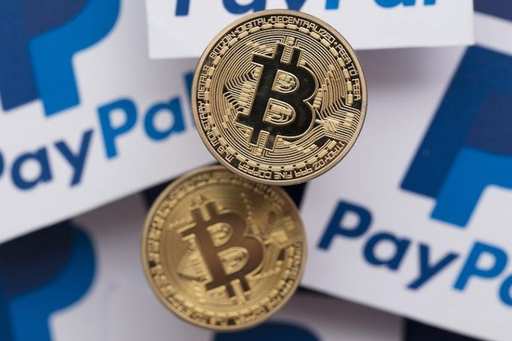
PayPal and Solana: A Partnership Interrupted
PayPal's PYUSD launch with FTX on Solana was halted by an FTX crash and SEC challenges. Now, PayPal partners with Paxos for PYUSD, underscoring crypto's volatile terrain.
- Published:
- Edited:
In the ever-evolving world of digital currencies, plans can be as volatile as the assets themselves. Recent reports provide a captivating look into PayPal's original ambitions for their stablecoin, PYUSD, which involved an alliance with FTX and the Solana blockchain. However, due to unforeseen circumstances, the anticipated launch was derailed.
The Original Game Plan
PayPal, a dominant player in the online payments sector, had a clear strategy: launch their stablecoin, PYUSD, in partnership with cryptocurrency exchange FTX. The primary driver behind this decision was Solana's blockchain, known for its high throughput and negligible transaction fees. This alliance held the promise of opening new avenues for PayPal in the burgeoning digital assets arena.
The Twist in the Tale
Alas, as with many well-laid plans, things took an unexpected turn. A significant crash at FTX introduced a climate of uncertainty. The collaboration, which had the potential to mark a significant milestone in the crypto domain, found itself suddenly halted.
Exclusive: PayPal’s stablecoin PYUSD was preparing to cooperate with FTX to first issue on Solana in 2022. The two parties have signed a relevant cooperation agreement, but then due to FTX’s crash, the work was suspended, according to two people familiar with the matter.
— Wu Blockchain (@WuBlockchain) August 7, 2023
Colin Wu, a noted crypto analyst, stated that the primary reason for the delay revolved around the unfortunate crash at FTX. This event prompted a reevaluation, causing both PayPal and FTX to explore different pathways for the stablecoin.
Regulatory Hurdles
Apart from the FTX mishap, another formidable challenge emerged. The US Securities and Exchange Commission (SEC) classified main public chain tokens as securities. This decision added another layer of complexity, especially when it came to expanding PYUSD to other Layer 1 (L1) blockchains.
The New Direction
Given these setbacks, PayPal made the strategic decision to pivot. Instead of pursuing the original plan, the company has now aligned with the Paxos Trust Company for the issuance of PYUSD. This stablecoin, initially accessible to qualifying US customers, facilitates smooth transfers within PayPal's ecosystem and compatible external wallets. Moreover, users can employ PYUSD for various transactions, ranging from purchases to exchanges for renowned cryptocurrencies like Bitcoin and Ethereum.
Concluding Thoughts
The journey of PayPal's PYUSD underscores the intricacies and unpredictabilities inherent in the crypto landscape. An alliance that had vast potential was thwarted by a combination of technical mishaps and regulatory challenges.
As PYUSD makes its foray into the market under the Paxos umbrella, all eyes will be on its performance. Will this change in strategy alter the stablecoin's growth and adoption? Only time will tell. Nonetheless, this episode serves as a potent reminder of the dynamic nature of the cryptocurrency world and the need for adaptability in the face of challenges.


